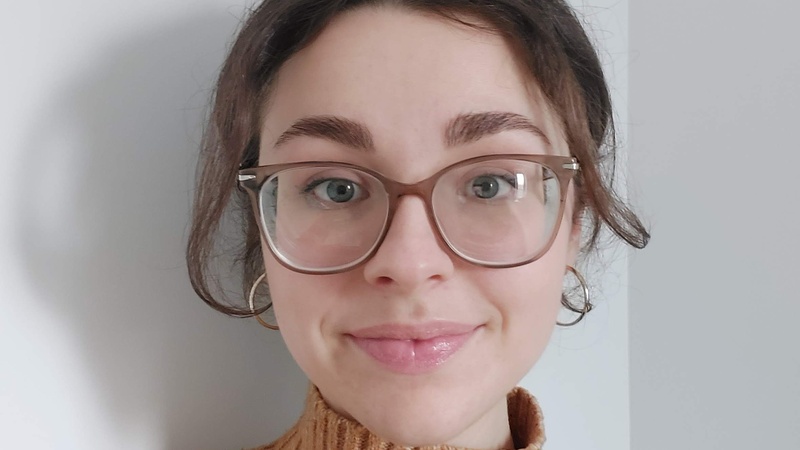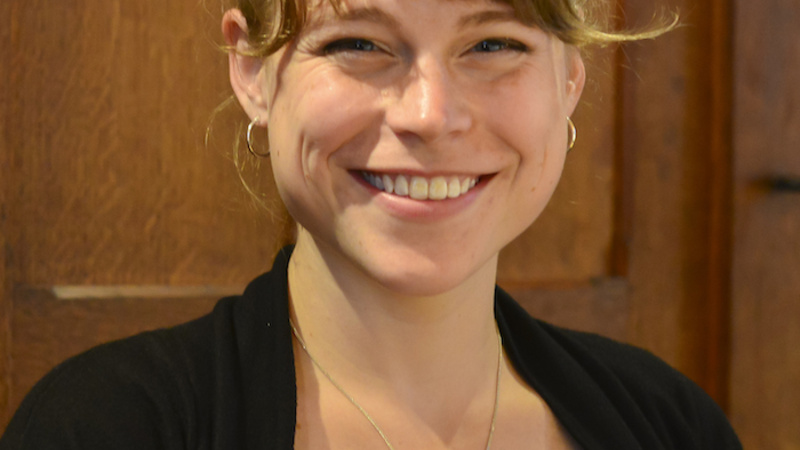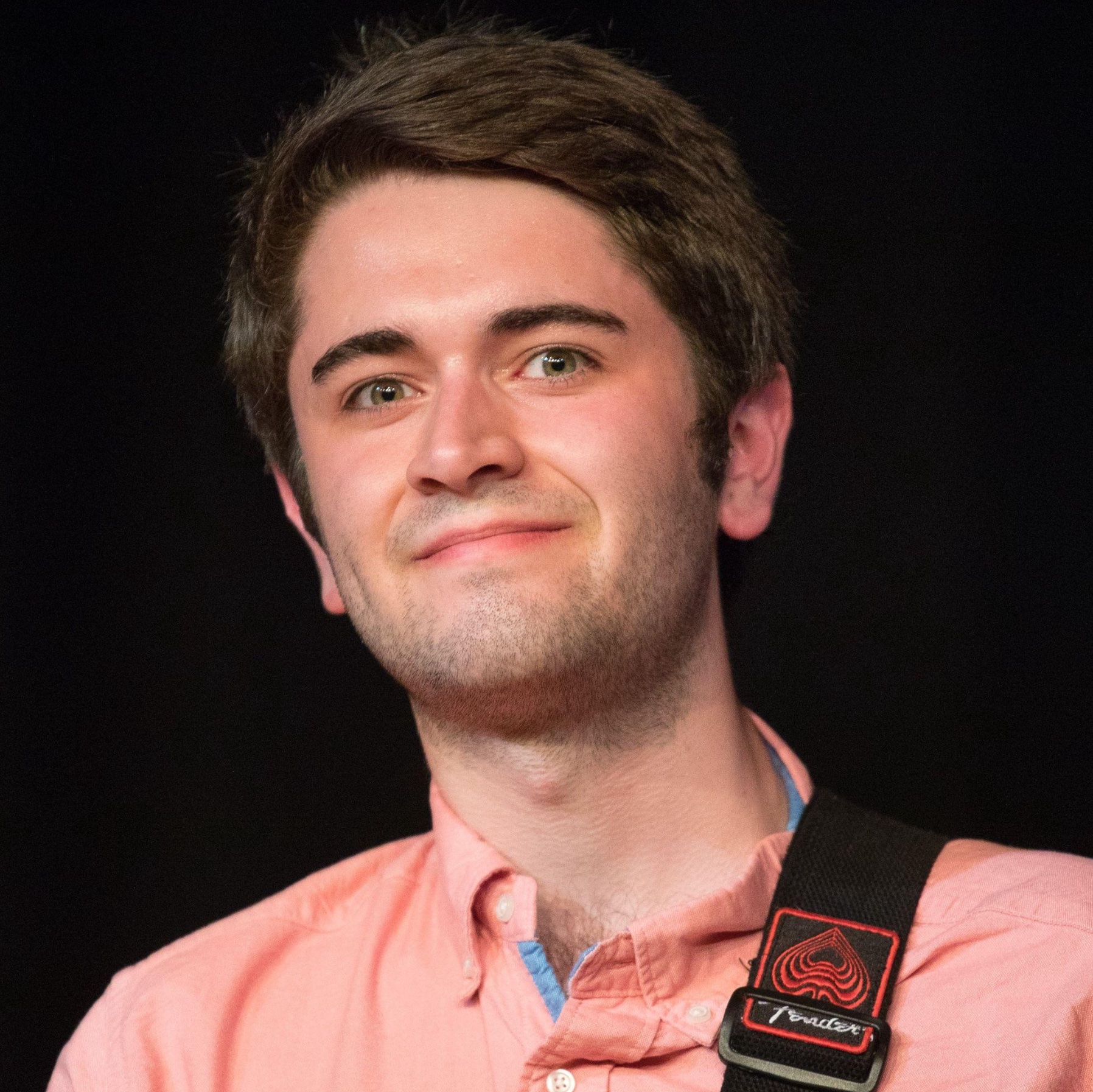 | Huw Cheston is supervised by Peter Harrison and Ian Cross. His PhD research focuses on using empirical and psychological methods to gain insight into the communicative and interactive processes involved in the performance of improvised music, especially jazz. He also performs widely across the UK as a guitarist. He received his Master’s and Undergraduate degrees in Music from Oxford University, graduating from both programmes with the highest overall mark in his cohort. He currently holds a Lewis Research Scholarship in the Humanities and a Vice-Chancellor’s Award. |
![]() | Katya Ness joined the Faculty of Music in April 2023 as a research assistant on the Leverhulme-funded project Score Design for Music Reading, and doctoral student under the supervision of Prof Ian Cross. The Score Design Project (led by Prof Ian Cross and Dr Arild Stenberg) explores whether standard notation can be redesigned so as to make it more effective for at least some of the purposes for which it is employed. Katya holds degrees from Keele University (BA in Music) and the Royal College of Music (MSc in Performance Science). Katya also has extensive experience as an instrumental teacher, orchestral violinist, and piano accompanist. |
| Katelyn Emerson, supervised by Peter Harrison, joined the Centre for Music and Science in 2022. Her research interests include music performance pedagogy and analysis, linguistics, psychology, and ergonomics and injury prevention. Her PhD research investigates explicit and implicit contextual influences on organists’ rubato and articulation, informed by her background as a concertising musician. Katelyn has performed extensively as a concert organist in venues throughout North America, Europe, and Asia. Katelyn holds degrees from Oberlin College and Conservatory (BMus in organ, BA in French), Conservatoire de Toulouse (perfectionnement), Musikhochschule Stuttgart (MA organ), and the University of Cambridge (MPhil music). Her doctoral research is funded through a 3+1 Economic and Social Science Research Council Studentship and a UK Research and Innovation International Fee Bursary. |
| Joshua Frank is supervised by Peter Harrison. His research takes a cross-cultural approach to understanding relationships between pitch structures, statistical regularities of musical practice, and aesthetic preferences. He holds a bachelor’s degree in music performance and a master’s degree in musicology from Stellenbosch University, South Africa, where he also taught for several years. His previous research investigated factors underlying emotional responses to music, an interest which he continues to explore. He has also worked extensively as a performing musician in South Africa, with a focus on Baroque chamber music. His research is funded by a Doctoral Training Partnership from the Economic and Social Research Council. |
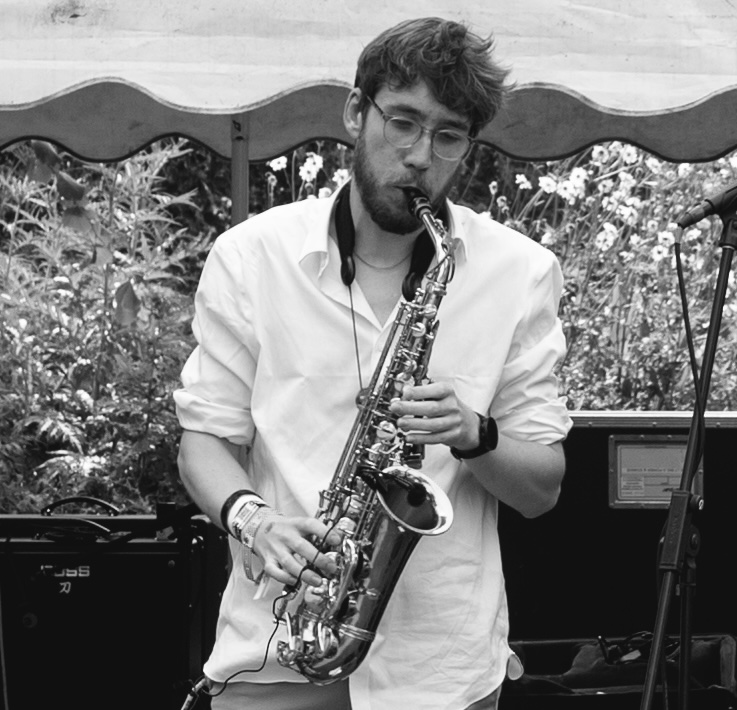 | David Whyatt is supervised by Peter Harrison, having completed his MPhil at Cambridge under his supervision last year. His PhD work concerns the computational modelling of melody, with a specific view towards capturing the time-course of formation of melodic memory. David graduated from his undergraduate degree in jazz performance from the Guildhall School of Music and Drama with a Concert Recital Diploma, and is actively involved in the student music scene in and around Cambridge, presently co-directing the University Jazz Orchestra. |
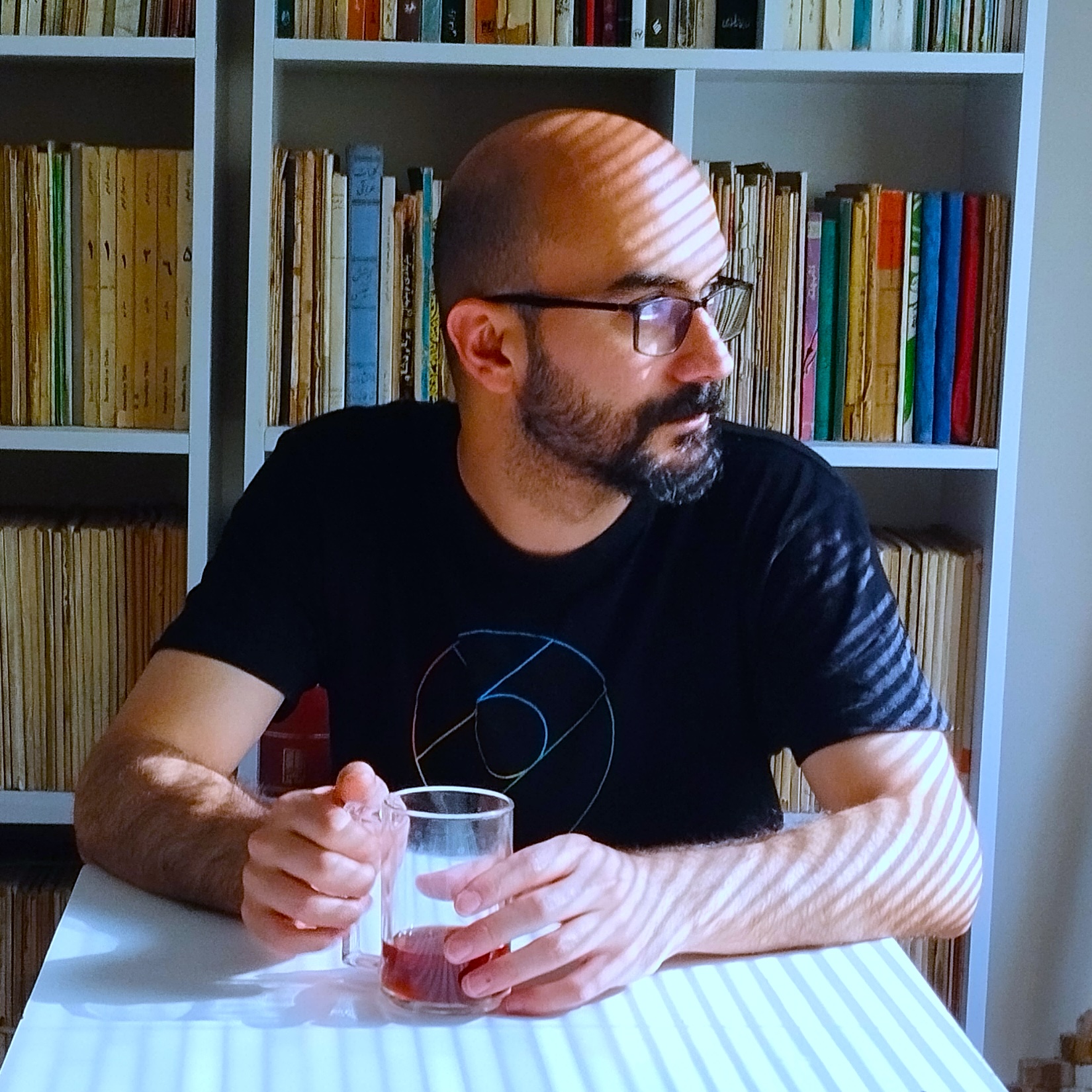 | Farshad Jafari joined the Centre for Music and Science in 2025 to pursue a PhD under the supervision of Peter Harrison. His research explores computational approaches to music and other expressive media, focusing on modelling musical aesthetics and emotional meaning across cultures, genres, and historical periods. He holds Bachelor’s and Master’s degrees in Computer Science from Amirkabir University of Technology and a Master’s in Music Technology from the Georgia Institute of Technology, where his thesis involved creating a multimodal dataset of film music from 1,800 films across 12 countries. Alongside his academic work, Farshad is active as a filmmaker, playwright, and creative technologist. His broader interests include musical expectancy, computational analysis of dramatic tension, and the study of synesthetic experience across artistic forms. |
 | Lok Yan Lam is supervised by Peter Harrison. Her PhD research focuses on coordination in choirs. Born and raised in Hong Kong, Lok Yan holds a Bachelor’s degree in Psychology from the University of Potsdam and a Master’s degree in Cognitive Neuroscience from the Freie Universität Berlin. Her PhD studies are funded by the Hong Kong Jockey Club Scholarship.
|
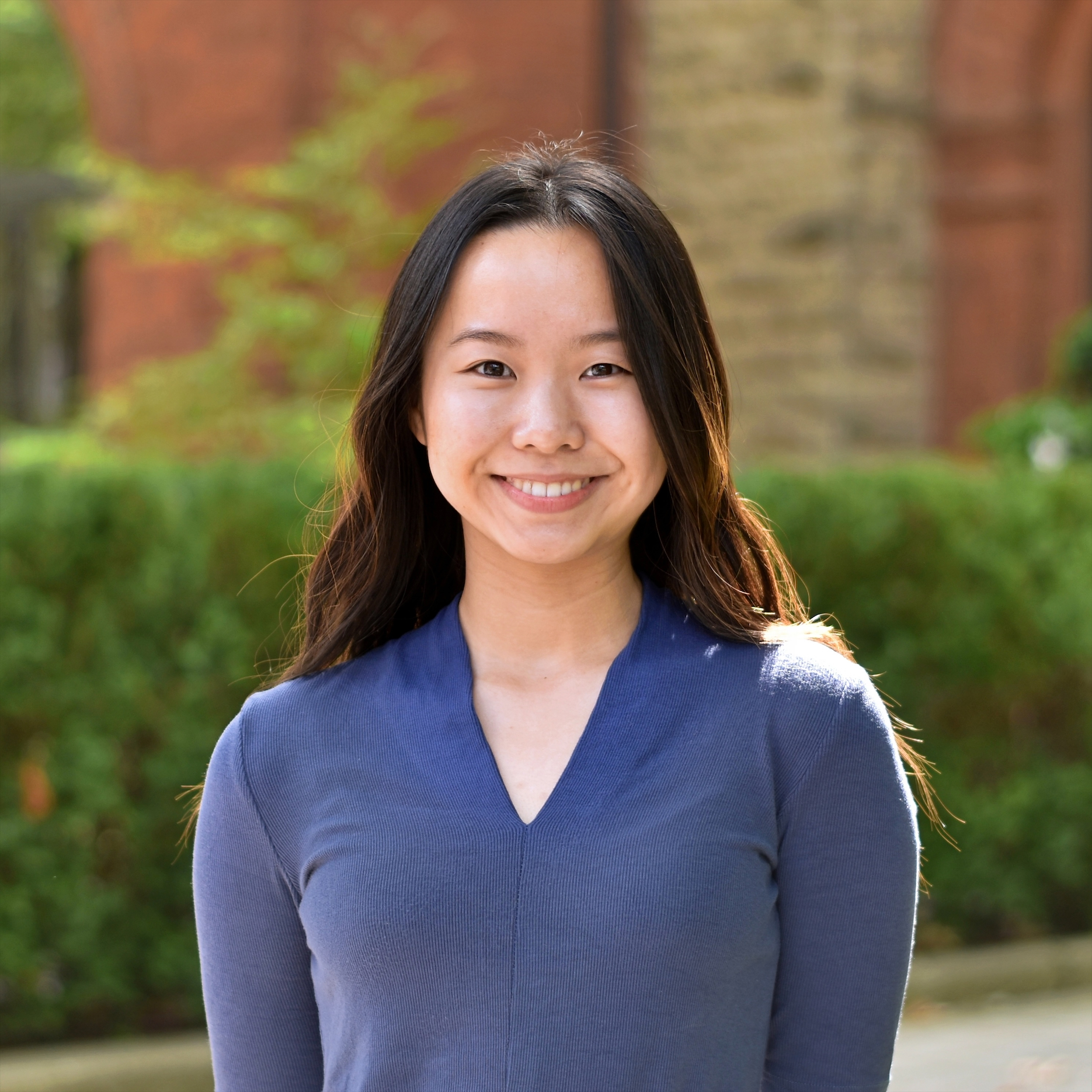 | Catherine Tan is studying for a PhD at the University of Jyväskylä supervised by Suvi Saarikallio and cosupervised by Peter Harrison at the CMS. Her research integrates audio feature analysis and computational modelling of musical emotions to advance psychological theories on music-based mood regulation and the design of technologies that support these processes. She approaches her research from a developmental perspective, ensuring that age-related considerations inform the research design and their implications. Catherine holds degrees from the University of Cambridge (MPhil) and the University of Toronto (BMus), where she was awarded the William and Phyllis Waters Graduating Award. Her prior work investigated the effects of online music interventions on infant attention and memory, as well as intergenerational bonding and wellbeing in families. Beyond research, Catherine enjoys teaching music and dance to young children, playing the bassoon, and spending time with good company. |

